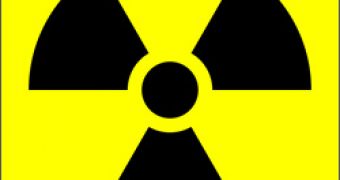Patients suffering from glioblastomas that received high doses of radiation on part of the brain have doubled their survival time compared to patients who had lower doses or no radiation. This study was made by the Radiation Oncology Department at UCLA's Jonsson Comprehensive Cancer Center.
The research observed a brain area that harbors neural stem cells, called the stem cell niche. Patients having received high doses of radiation in this specific area, had increased their average progression-free survival period to 15 months. This is a real discovery and Dr Frank Pajonk, associate professor of radiation oncology, cancer center researcher and senior author of the study said that this could change the way that radiation therapy is given to patients with brain cancer.
He said: “Our study found that if you irradiated a part of the brain that was not necessarily part of the tumor the patients did better. We have been struggling for years to come up with new combinations of drugs and targeted therapies that would improve survival for patients with glioblastoma. It may be that by re-shaping our radiation techniques we can extend survival for these patients.”
The study, published yesterday in the online edition of BMC Cancer, was retrospective and it focused on 55 adult patients having grade 3 or grade 4 glioblastomas and had received radiation at UCLA from February 2003 to May 2009.
Glioblastomas are the deadliest existing forms of brain cancer. Usually, neither surgery, chemotherapy nor radiation are effective and the average life expectancy is between 12 to 18 months.
Admitting that most if not all cancers develop from stem cells that usually repair damage inside the body, but that somehow they mutated and turned into cancer cells, Dr Pajonk says that the neural stem cell niche might also contain cancer stem cells. This are might just keep these cells so that the cancer can return after treatment or surgery and regrow in a tumor. If these cells are irradiated then the cancer takes much more time before recurring, and patients live longer.
The study says: “This suggests that the neural stem cell niche in the brain may be harboring cancer stem cells, thus providing novel therapy targets. We hypothesize that higher radiation doses to these niches improve patient survival by eradicating the cancer stem cells.” If the radiation damages healthy cells as well, they can always be replaced by induced pluripotent stem cells from the patient's body.

 14 DAY TRIAL //
14 DAY TRIAL //